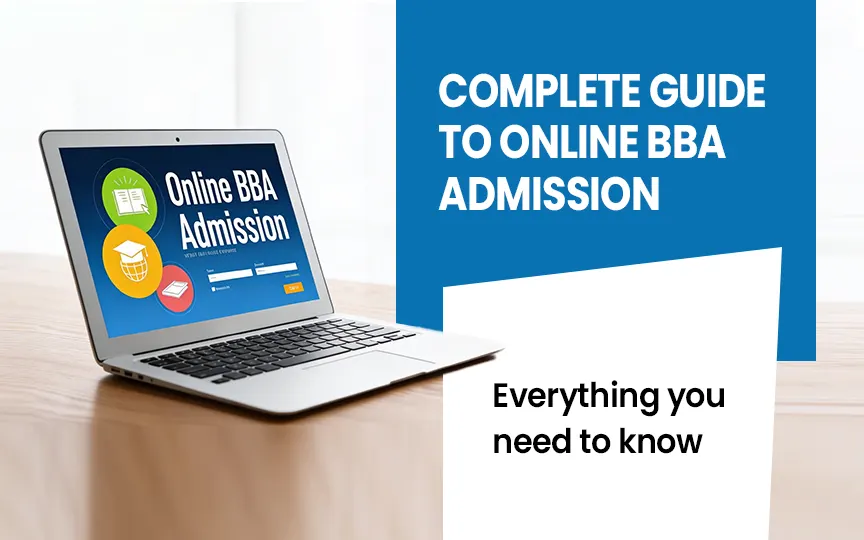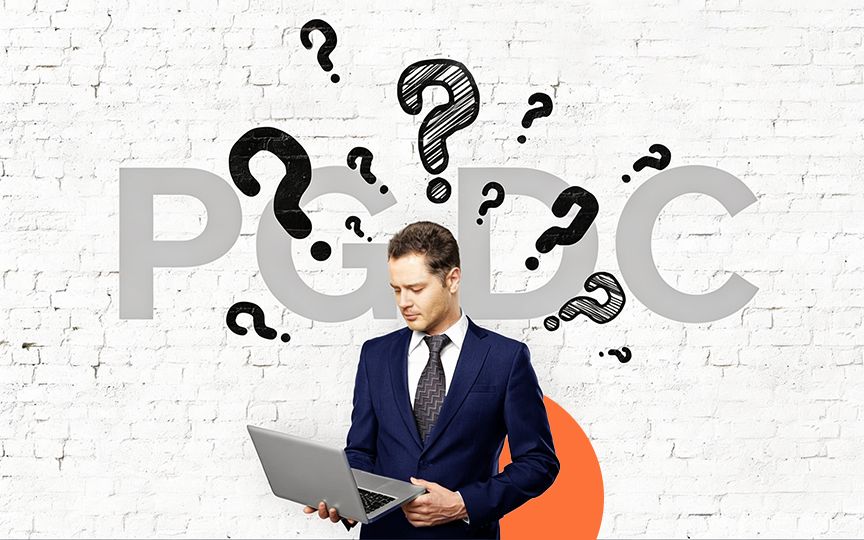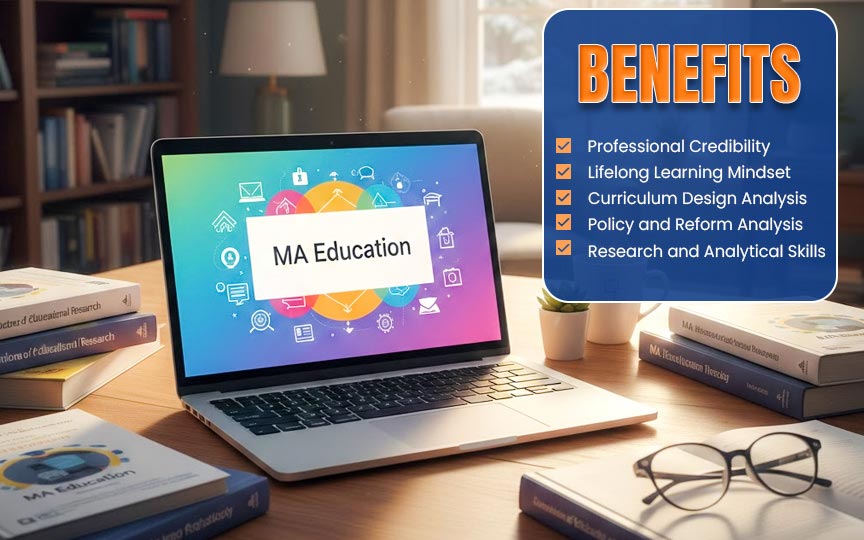Self-assessment and self-evaluation are two related processes that involve students reflecting on their learning and performance, identifying their strengths and weaknesses, and setting goals for improvement. These processes can have a positive impact on students’ motivation, engagement, and achievement, both in the short term and in the long term.
In this blog, I will explain what self-assessment and self-evaluation are, why they are important, and how they can benefit students in the long term.
What are Self-Assessment and Self-Evaluation?
Self-assessment is a process in which students monitor and evaluate the quality of their thinking and behavior when learning. It involves students asking themselves questions such as:
- What am I learning?
- How am I learning?
- How well am I learning?
- What are my strengths and weaknesses?
- What are my goals and how can I achieve them?
Identifying goal achievement factors
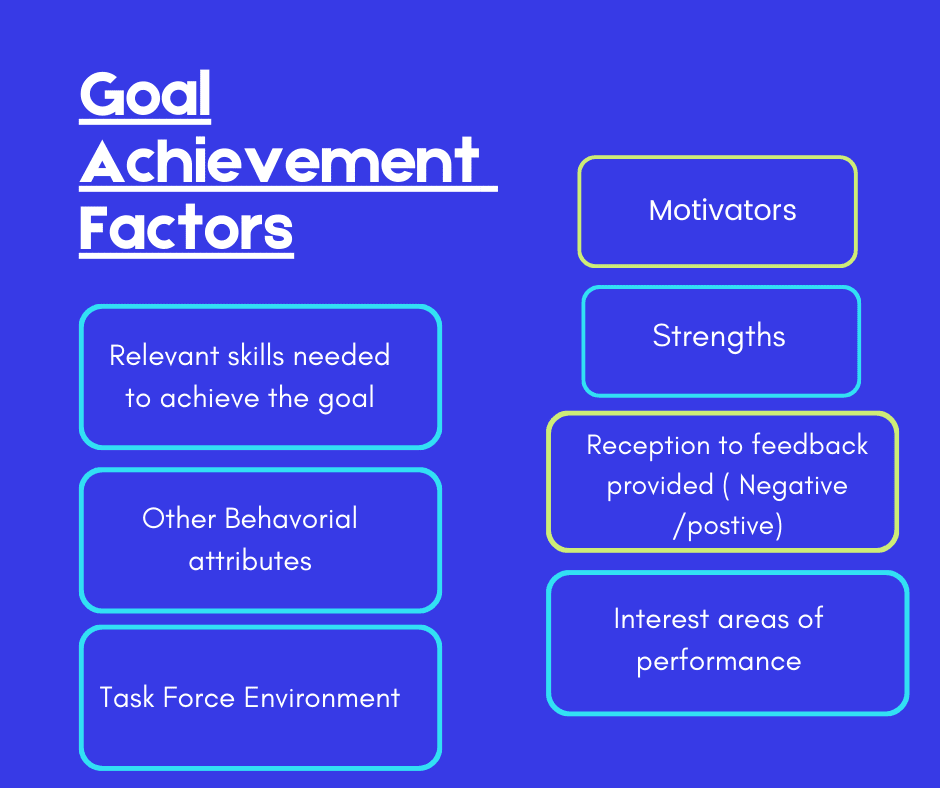
What and how Placement support in the learning environment I am currently in is going to help me achieve my dreams?
Self-evaluation is a process in which students judge their work and progress based on well-understood standards and criteria. It involves students comparing their work and performance to the expectations and feedback of their teachers, peers, and themselves. It also involves students asking themselves questions such as:
- How does my work meet the standards and criteria?
- What are the strengths and weaknesses of my work?
- How can I improve my work and performance?
- How does my work and performance reflect my learning and goals?
Both self-assessment and self-evaluation require students to have a clear understanding of the learning objectives, standards, and criteria that guide their learning and assessment. They also require students to have metacognitive skills, which are the skills to understand and regulate one’s own thinking and learning processes.
Why are Self-Assessment and Self-Evaluation Important?
Self-assessment and self-evaluation are important because they can enhance students’ learning and achievement in various ways.
Some of the benefits of self-assessment and self-evaluation are:
- Self evaluation foster a growth mindset, which is the belief that one’s abilities and intelligence can be improved through effort and learning. Students with a growth mindset are more likely to embrace challenges, persist in the face of difficulties, and seek feedback and learning opportunities.
They are also more likely to view mistakes and failures as opportunities to learn and improve, rather than as indicators of low ability or intelligence.
- Self assessment promote intrinsic motivation, which is the motivation that comes from within oneself, rather than from external rewards or punishments. Intrinsically motivated students are more likely to engage in learning activities because they find them interesting, enjoyable, or meaningful, rather than because they want to please others, avoid negative consequences, or obtain external rewards. They are also more likely to have higher levels of self-efficacy, which is the belief in one’s ability to accomplish a task or achieve a goal.
- Self assessment increase self-regulation, which is the ability to monitor and control one’s behavior, emotions, and cognition to achieve one’s goals.
- Self-regulated students are more likely to plan, organize, and manage their time and resources effectively, use appropriate learning strategies and techniques, monitor and evaluate their progress and performance, and make adjustments and corrections as needed.
They are also more likely to cope with stress and distractions, and to seek help and support when necessary.
- They enhance self-reflection, which is the ability to think critically and analytically about one’s learning and performance and to identify one’s strengths, weaknesses, and areas for improvement.
- Self-reflective students are more likely to have a deeper understanding of their learning processes and outcomes, to recognize and appreciate their achievements and efforts, and to set realistic and challenging goals for themselves. They are also more likely to seek and use feedback effectively, and to apply their learning to new situations and contexts.
Reflection, accompanied by self-assessment and implementation, can do wonders in achieving life goals
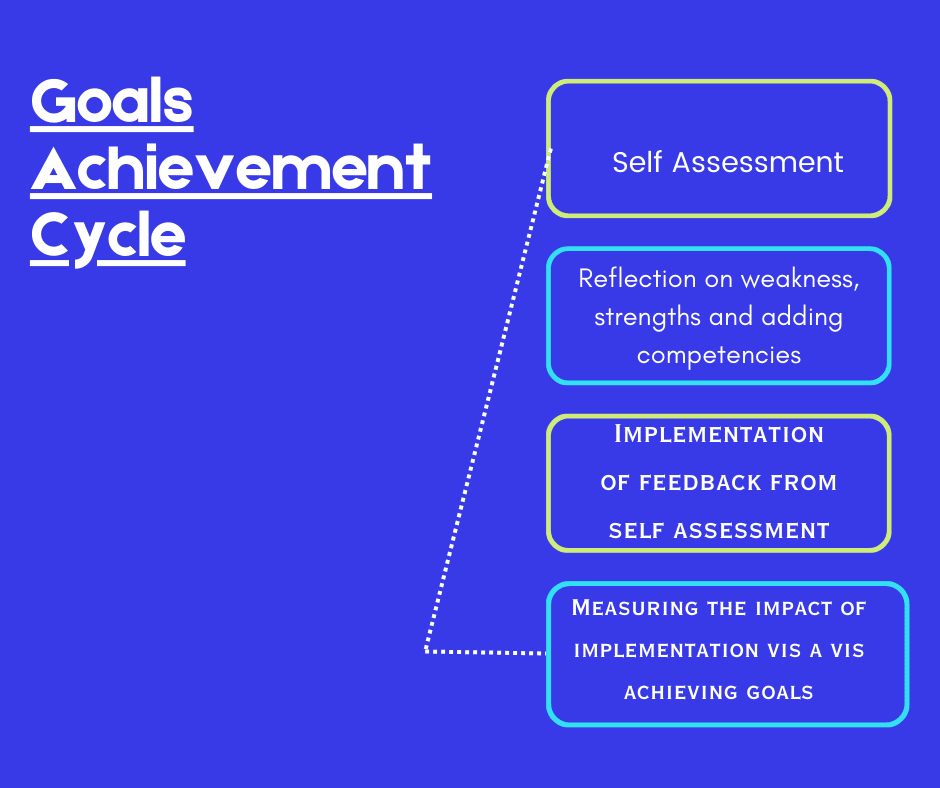
How do Self-Assessment and Self-Evaluation Benefit Students in the Long Term?
Self-assessment and self-evaluation can benefit students in the long term by preparing them for the demands and challenges of the 21st century. In the modern world, where we are switching to online learning and online learning platforms, we are trying to get into one of the leading higher institutions in India, students need to be able to adapt to changing environments, solve complex problems, communicate, and collaborate effectively, think creatively and critically, and learn continuously.
Self-assessment and self-evaluation can help students develop these skills and competencies by enabling them to:
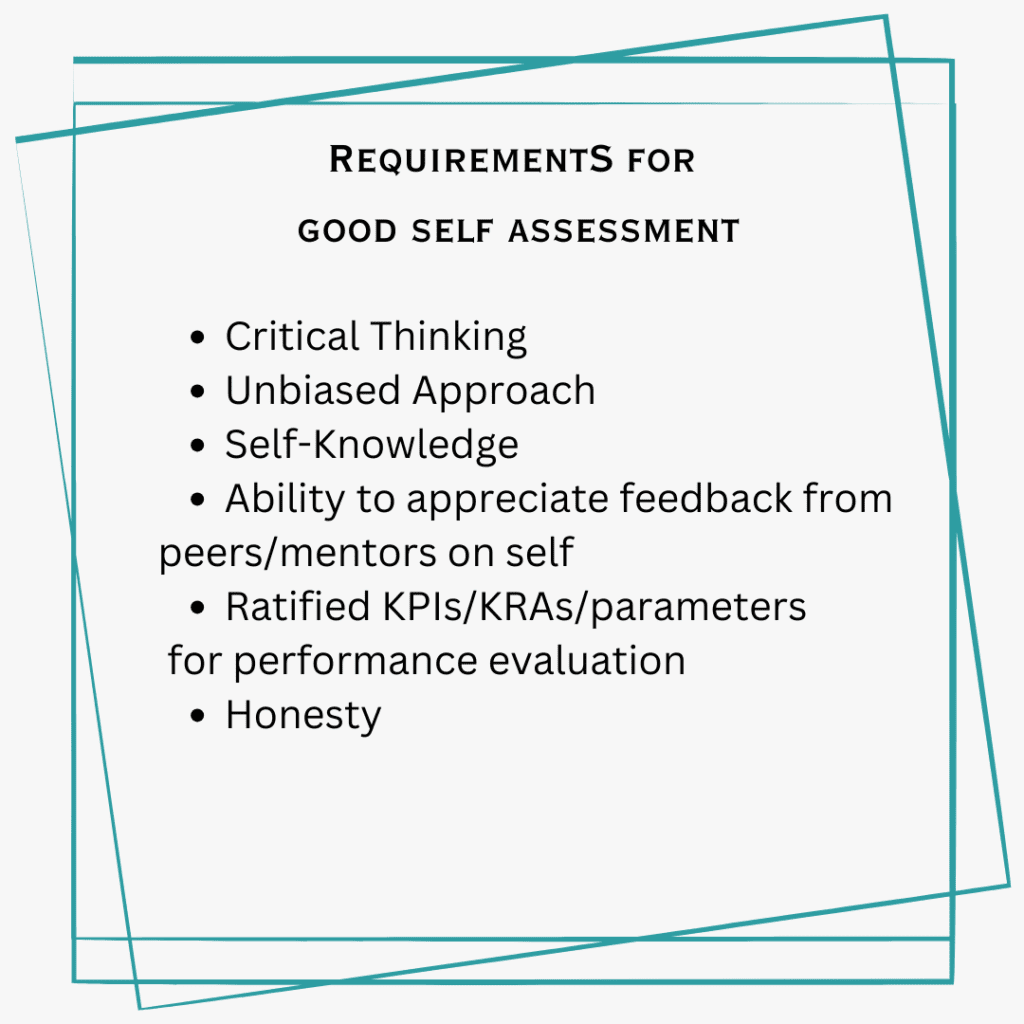
- Become lifelong learners who are curious, self-directed, and motivated to pursue their interests and passions and to acquire new knowledge and skills throughout their lives.
- Become self-reliant, who are confident, responsible, and independent, and who can take charge of their learning and development, and make informed decisions about their education and career paths.
- Become self-aware, who are aware of their strengths, weaknesses, preferences, and values, and who can recognize and respect the diversity and perspectives of others.
- Become self-improving, who are committed to excellence, and can set high standards for themselves, and strive to achieve their goals and potential.


Study Results
- According to a study, the academic performance of undergraduate medical students improved significantly after self-assessment
- According to a study on the correlation between student’s self assessment and learning, it was found that students conducting self-assessment had a positive attitude towards learning tools
Challenges of Self-Assessment
- Discrepancies in assessment reports between self, peer, and mentors
- One may not conduct proper self-assessment owing to low self-confidence
- One may grade oneself higher or lower in self-assessment
- The emotional and intellectual states under which one is conducting self-assessment may vary

Conclusion
Self-assessment and self-evaluation are two powerful processes that can enhance students’ learning and achievement, both in the short and long term. By engaging in self-assessment and self-evaluation, students can develop a growth mindset, intrinsic motivation, self-regulation, and self-reflection, essential for success in the 21st century.
Self-assessment and self-evaluation can also help students become lifelong learners, self-reliant, self-aware, and self-improving, which are valuable attributes for personal and professional growth. Therefore, self-assessment and self-evaluation should be an integral part of students’ learning experiences, and teachers should provide students with the necessary guidance, support, and feedback to facilitate these processes.




